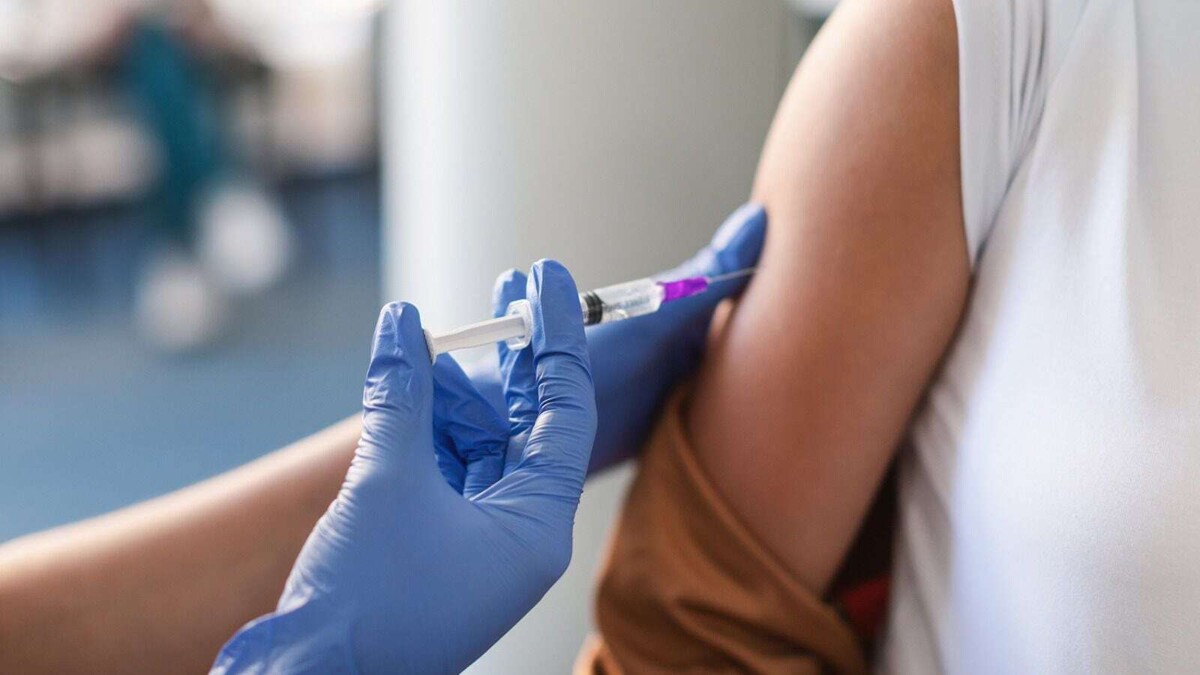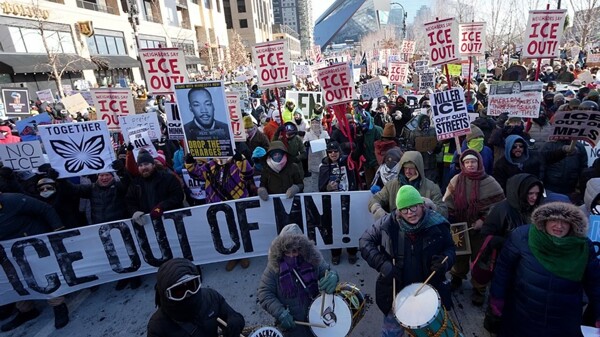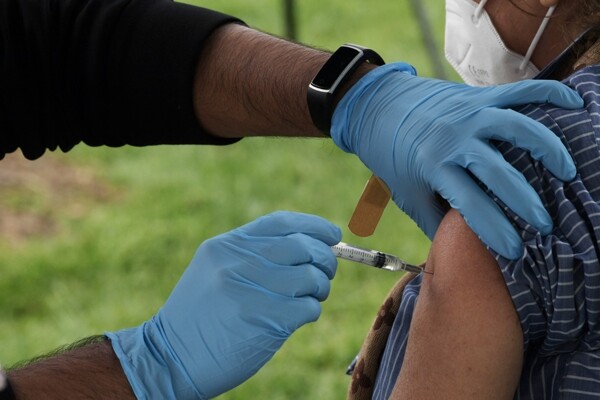
In the United States, measles cases have reached 308 so far this year, surpassing the total of 285 from the year 2024, according to information from the Centers for Disease Control and Prevention (CDC). As of March 6, the measles outbreak had affected 222 people, mostly minors, with 86 new cases registered in the following week. The most affected states are Texas, New Mexico, and Oklahoma, although cases have also been reported in other states such as California, Florida, Georgia, and New York, among others.
Measles is highly contagious and can have serious health consequences, such as blindness, deafness, and damage to the immune system. Due to the increase in cases, parents and unvaccinated individuals have been urged to check their vaccination status, as well as to receive the necessary booster doses. With the approach of the Easter holidays, urgent measures have been requested to prevent a rise in the number of infections, especially during international travel, which tends to increase during this time.
In Europe, the decline in vaccination rates has led to a significant increase in measles cases, with 32,265 diagnosed cases in 2024 in the European Economic Area. The European Centre for Disease Prevention and Control (ECDC) has alerted to the importance of improving immunity through vaccination, as nearly 90% of people diagnosed with measles had not been vaccinated. Emphasis is placed on the need to ensure that at least 95% of the susceptible population is fully vaccinated to prevent recurring outbreaks of the disease.
"We must be able to prevent the foreseeable," stated the ECDC, emphasizing the importance of vaccination to contain the spread of measles and protect public health.














